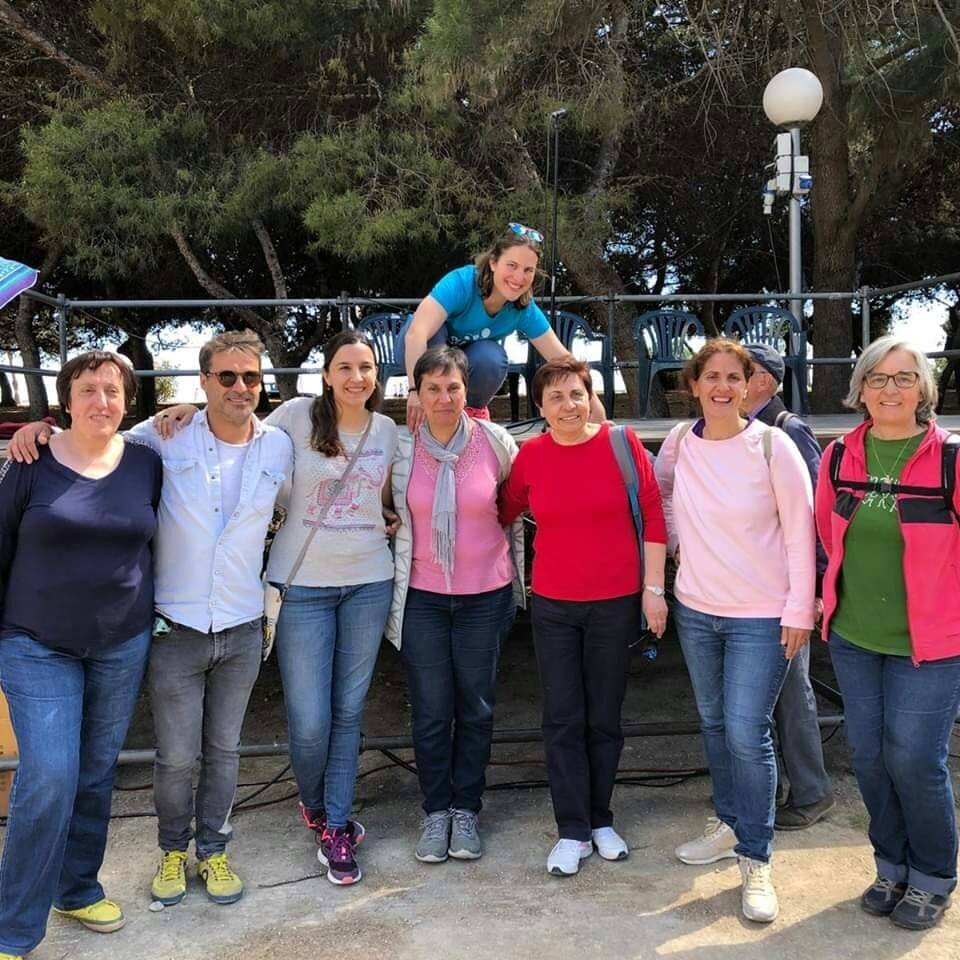The Oblate Sisters of the Most Holy Redeemer commemorate the 152nd anniversary of the foundation of the Institute of Consecrated Life, that moment when Mother Antonia de Oviedo, on the Feast of the Presentation of the Lord, put on the habit of Oblate of the Most Holy Redeemer, starting the Congregation.
February 2, 1870, is the exact date of the institution, according to the historical chronicles. “The Institute of the Oblates of the Most Holy Redeemer was founded so that the nuns who compose it may work welcoming and instructing [the girls], opening free kindergartens where they are received without any restriction”.
Embracing the great witness of the founders, sisters Dilia López and Josefina Abad, like so many others, live and give witness today in the first person.
The oblate vocation lived “by hope, by dedication to this mission in this reality”, is how Dilia from the community of Medellín (Colombia) describes it. The Colombian nun cares for the women who come to the “La Esperanza” Formation Centre in a situation of prostitution and trafficking for sexual exploitation of Colombian nationality and migrants, mainly arriving from Venezuela, who are exposed to trafficking and gender-based violence.
A vocation “with joy” is also crucial for Sister Josefina Abad, a Spanish oblate who is 37 years old and a member of the Lisbon community since November 2019. “I live feeling grateful to Jesus because He has chosen me and continues to call me to be part of this Congregation of the Oblates of the Most Holy Redeemer. So my decision and response remain: ‘Yes, Lord, I want to follow you…'”. The Lisbon-CAOMIO project is a day centre where support and accompaniment are offered to women in prostitution. Josefina’s community is involved and participates in this project, along with her, consisting of two Oblates and seven lay people.
At first glance, it may seem that the work carried out by Dilia in Medellín or Josefina in Lisbon is based on the management, coordination and support of the project, but it is much more than that. To find out more, you can visit a website www.hermanasoblatas.org.








